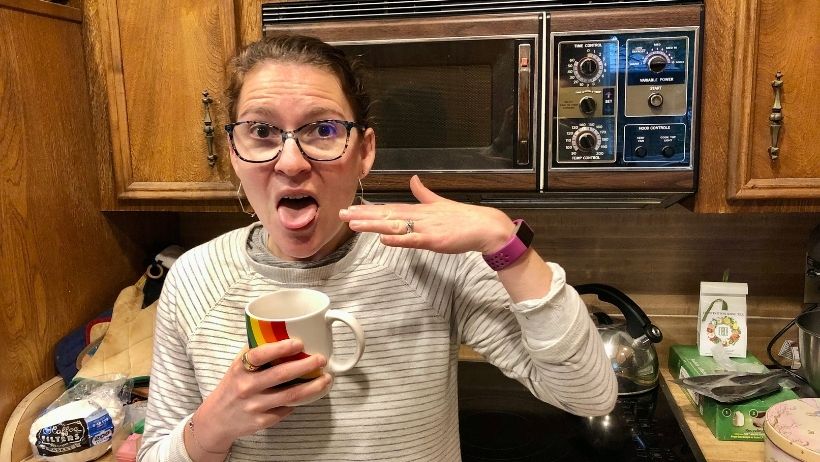It’s difficult to recall the sensation of pain, even if the pain was incredibly traumatic at the time it occurred. After a physically painful event, including everything from childbirth down to a mild burn from hot coffee, our brains are wired to stop sending those pain signals eventually, even while memories of the event persist. Those memories can result in a behavior change without us having to physically relive the pain. For example, you’d probably remember to request a “mild level” of heat on your next order of Thai food without having to physically recall that time you ate a hot pepper by mistake.

But what happens when the physical or emotional pain doesn’t lead to changes in behavior? We see just such an example in the Torah this week from Pharaoh.
Parshat Vaera, this week’s portion, begins the Israelites journey away from Egypt. This week we find the Israelites in the midst of their transition from slavery to freedom. God reminds Moses about the covenant made with our forefathers and that redemption is in the near future. Moses tries to share this with the people Israel, but they aren’t ready to listen to him. And Moses isn’t so sure of himself anyway.
Throughout the narrative in this week’s portion, we see the infamous back and forth of Pharaoh and Moses. The plagues inflict pain and suffering, and of course Pharaoh wants it to stop, so he relents and accepts Moses’s plea to let the people go. When he does, the suffering ends. Then, as the Israelites are preparing to leave and Pharaoh is no longer suffering, he changes his mind and makes them stay. On and on and on this little dance goes.
When Pharaoh is in the midst of his pain, it seems as if he’s capable of human compassion, considering the suffering of the enslaved Israelite people. However, as he “recovers,” he loses that sense of compassion. In fact, in chapter 8, verse 28, Pharaoh actually hardens his own heart; he makes the distinct choice to inflict suffering on others when he himself is no longer in pain, and it’s ultimately to his detriment.
While it’s impossible to physically feel the exact same suffering as someone else, there’s an element of empathy that comes from experience. You don’t have to guess what a paper cut might feel like when someone else gets one; the wincing you do is because you’ve felt it in the past, and even though you can’t physically share that sensation in real time, you can appreciate what that person is going through.
Sadly, some of that empathy has been traded in for the convenience and artificial anonymity of being able to shout our opinions, insults, and conspiracy theories into the public arena without any concern for whom they hurt or what it feels like on the receiving end. My hope is that we use Parshat Vaera and the lesson of Pharaoh as a reminder that compassion is perhaps our most important human gift.



